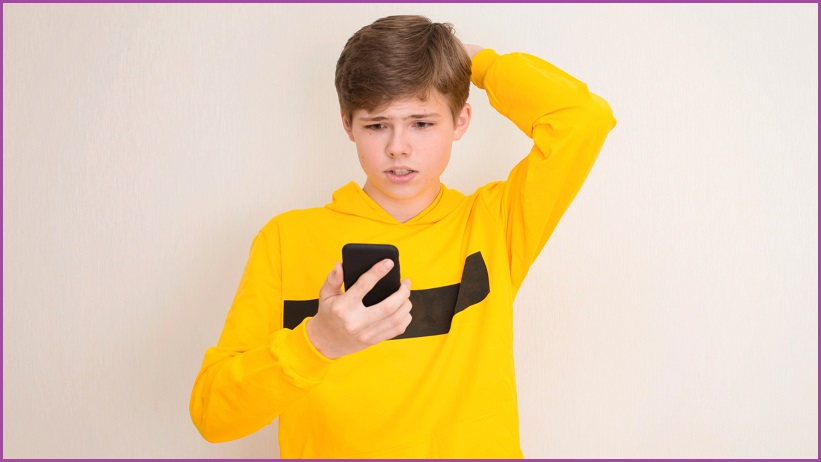Australians have been fleeced out of nearly $10 million by smartphone apps promising a free trial but then quickly charge high subscription fees, even after the app is deleted.
According to digital security and privacy firm Avast, there are more than 200 new “fleeceware” apps on the Google Play and Apple App stores.
These apps have been downloaded more than one billion times in total and have cost users over $400 million so far.
Australians have been worst hit by these apps, with over 10 million downloads of the apps costing just under $10 million so far, according to the report.
These fleeceware apps typically entice users by offering a free three-day or short trial, with an unusually high subscription fee attached following this.
With users already having entered their payment details, once the trial is over they are immediately charged the recurring subscription fee, even after they’ve deleted the app from their phone.
The only way to stop this is for users to actively cancel this subscription in their phone’s settings.
“The fleeceware applications we’ve discovered consist predominantly of musical instrument apps, palm readers, image editors, camera filters, fortune tellers, QR code and PDF readers and ‘slime simulators’,” Avast threat analyst Jakub Vavra said.
“While the applications generally fulfil their intended purpose, it is unlikely that a user would knowingly want to pay such a significant recurring fee for these applications, especially when there are cheaper or even free alternatives on the market.”
On the Apple App Store, the Avast researchers found 134 fleeceware apps with about 500 million downloads in total and projected revenues of $365 million.
The Google Play Store had 70 fleeceware apps which have been downloaded 500 million times with a profit of $38.5 million.
One of the apps discovered by Avast offered a short free trial followed by a $66 per week subscription, potentially costing the victim $3,432 per year unless they realise what’s going on and actively cancel the subscription.
Avast has reported the fleeceware apps to Google and Apple.
These fleeceware apps are commonly advertised on the big social networks such as Facebook, Instagram, Snapchat and TikTok, and are typically aimed at young people, Vavra said.
“It appears that part of the fleeceware strategy is to target younger audiences through playful themes and catchy advertisements on popular social networks with promises of ‘free installation’ or ‘free to download’,” he said.
“By the time the parents notice the weekly payments, the fleeceware may have already extracted significant amounts of money.”
One of the apps discovered by Avast was Piano Free, offering a keyboard with magic tiles and music games, with included in-app purchases between $1.49 and $89.99. This app has been downloaded 100 million times.
To avoid these fleeceware apps, the Avast report recommended individuals be wary of short free trials running for less than a week, to be sceptical of viral advertisements for apps, to read the small print before agreeing to a trial, and to secure payments so permission is required to make a subscription payment.
The Australian competition watchdog has recently turned its attention to the Google Play Store and Apple App Store as part of its digital platforms inquiry.
The Australian Competition and Consumer Commission (ACCC) is investigating how transparent and effective the apps market is, the extent of competition between the app stores, and how they compete for app sales with other providers.










